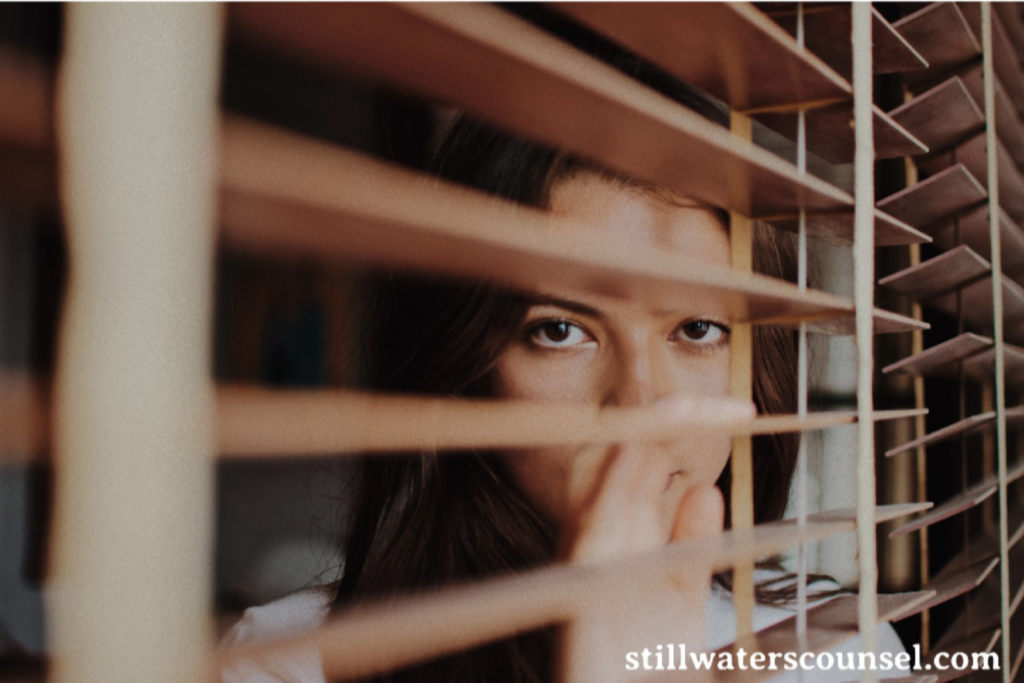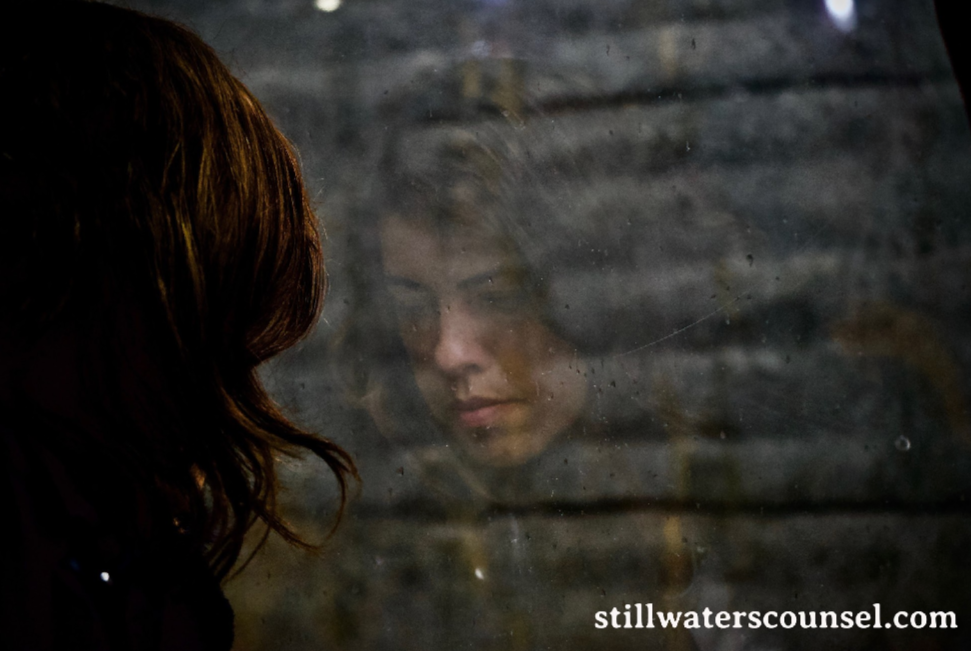Have you ever felt scared for no obvious reason? One minute you are doing fine, and suddenly you feel scared.
Panic attacks are sudden episodes of intense fear and anxiety that overwhelm the mind and body. They often mimic the symptoms of serious health problems, most commonly a heart attack.
Physical symptoms of a panic attack may include:
- Rapid breathing
- Sweating
- A feeling of suffocation
- Trembling
- Nausea
- Dizziness
- Stiffness or tingling
- The feeling of heat or cold
- Chest pain and pressure
- Accelerated heart rate
The symptoms intensify so the person gets the feeling that they will not be able to endure them. Feelings of depersonalization and derealization may also occur. These are symptoms in which a person feels that the environment around them has changed. Some people may feel chest pain and tingling in their extremities, which leads them to believe that they are experiencing a health crisis.
Is there cause for concern?
Panic attacks last on average about ten minutes and after they pass, the person in question may find it very difficult to calm down.

Panic attacks usually occur during adolescence or early adulthood and are more common in women than in men. Often a panic attack is a symptom of trauma, history of abuse, history of anxiety and/or depression, or PTSD. There is also some evidence of a genetic predisposition. They appear suddenly, in seemingly calm situations, such as while reading a book or resting. The person to whom this happens to for the first time may immediately think that something is wrong with their heart. A panic attack is not dangerous in itself, but it can be frightening. A person who experiences it feels like they are losing their mind and may even believe they will die during the episode. Many people experience occasional panic attacks throughout their lives. The problem is when panic attacks recur, especially in dangerous situations (e.g. while driving).
The brain is continuously scanning our environment, and assessing for danger. When a person has a history of what their brain perceives as a danger, it will respond by triggering the amygdala which in turn, triggers the “fight or flight response”, sending adrenaline coursing through the body, increasing heart and breath rates. This is why it feels like there is something wrong with the body.
What do you do when a panic attack occurs and how do you calm down afterwards?
It is important that you are aware that this is your body’s natural response to perceived danger. There is no point in fighting a panic attack, but you can find ways to deal with it in a safe manner.
When a panic attack occurs, change what you are saying to yourself at that moment into positive affirmations. It is useful to have a piece of paper with you on which you have written certain sentences, which you can read when the panic attack starts. You can choose calming text or compose your own mantra if you’re anticipating a future panic attack. You can also verbally say out loud what you’re observing in your surroundings, get involved in physical activity (walking, jumping jacks, etc.), talk to someone, move around, anything to distract yourself and calm down. You can also stimulate your parasympathetic nervous system by sucking on an ice cube, drinking a cold drink, splashing your face with water, or taking a shower.

If you live with a person who has panic attacks, it is important that you remain calm and not be afraid when a panic attack occurs. A hug, calming words, and the very fact that you are nearby can help mitigate the situation. Talk to them calmly and safely, without causing extra stress. It is important that your presence be reassuring.
When a panic attack finally passes, it can be difficult to return to your normal routine. People who experience them state that they are “constantly afraid of new episodes” and that they live “in fear” of its recurrence. They feel like they are in a vicious circle from which they cannot get out. As a result, they often begin to avoid situations and places that remind them of the environment in which the attack took place. That usually leads to the development of agoraphobia or fear of open spaces. Even if such extreme phobias do not develop, the quality of life can be seriously disrupted by an untreated panic disorder.
By combining increased self-care and going to therapy, your chances of recognizing signs of a panic attack, and coping with them should improve over time. It should also be kept in mind that a panic attack cannot be cured overnight or be rid of entirely. It is a process that involves a significant amount of personal motivation and commitment.
If you are looking for a new perspective, and you don’t know how and where to start feel free to message me at meegan@stillwaterscounsel.com or schedule a free consultation with me on my booking page.

Leave a Reply